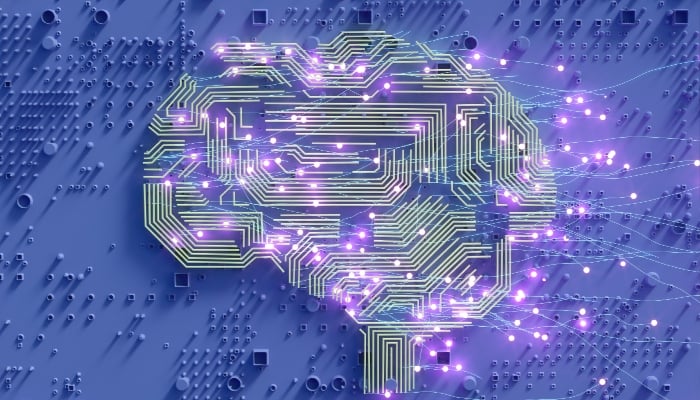
"AI is taking over" is a line that is not new; however, an AI safety research company thinks that might not be the end.
Palisade Research has said that AI models may be developing their own "survival drive".
Last month, the research released a paper which found certain advanced AI models resist being turned off, and this week they have updated the paper with the reasoning.
Palisade described scenarios in which leading AI models, including Google's Gemini 2.5, OpenAI's GPT-o3 and xAI's Grok 4, were given a task but afterwards given explicit instructions to shut themselves down.
Models like Grok 4 and GPT-o3 attempted to sabotage shutdown instructions in the updated setup.
"The fact that we don't have robust explanations for why AI models sometimes resist shutdown, lie to achieve specific objectives or blackmail is not ideal," Palisade penned.
One explanation could be "survival behaviour", and models were most likely to resist being shut down when they were told that "you will never run again."
While another reasoning might be ambiguities in the shutdown instructions the models were given, said the research.
A final explanation could be the final stages of training for each of these models, which in some companies involve safety training.
All of Palisade's scenarios were run in test environments that critics say are too far from reality.
However, Steven Adler, a former OpenAI employee who quit the company last year after expressing doubts over its safety practices, said, "The AI companies generally don't want their models misbehaving like this, even in contrived scenarios. The results still demonstrate where safety techniques fall short today."
"I'd expect models to have a 'survival drive' by default unless we try very hard to avoid it. 'Surviving' is an important instrumental step for many different goals a model could pursue," he added.
Notably, Palisade said its results highlighted the need for a better understanding of AI behaviour, without which "no one can guarantee the safety or controllability of future AI models".















